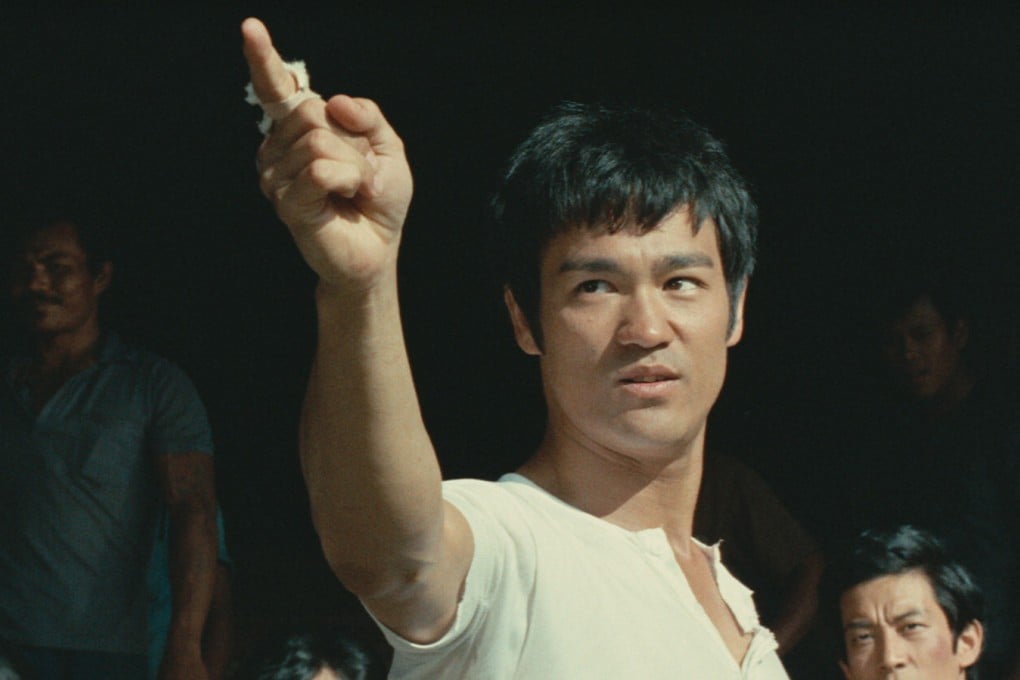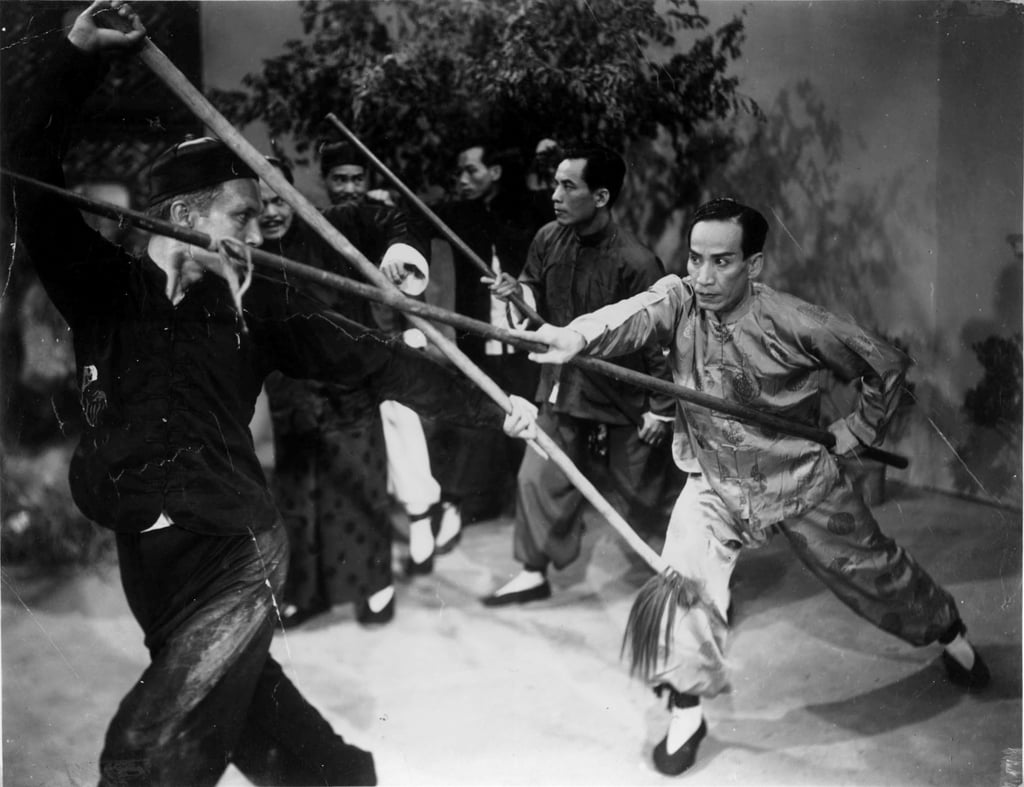Advertisement
Explainer | From One-Armed Swordsman to The Big Boss with Bruce Lee and Drunken Master with Jackie Chan, the films that built Hong Kong martial arts cinema
- King Hu’s Come Drink With Me brought artistry to martial arts cinema, Chang Cheh’s One-Armed Swordsman a year later added modern camera angles and gore
- Angela Mao paved a path for Bruce Lee to become a legend, Jackie Chan added comedy to the genre, and Jet Li and Tsui Hark updated it for the ‘90s generation
Reading Time:5 minutes
Why you can trust SCMP

Hong Kong’s martial arts films have a long and distinguished history. We look at some classic films that contributed to the development of the kung fu cinema tradition.
Rooted in local culture
Since 1949, around 100 films have been made that depict the life of Cantonese martial arts legend Wong Fei-hung – they make up the world’s longest-running film series.
The films show Wong as an honourable individual steeped in Confucian values, and would only resort to violence when discussion, humility and compromise failed.

Kwan Tak-hing, a dignified actor who also knew martial arts, played Wong on screen some 77 times, and revered him as “a man of substance”.
Advertisement
In spite of their ingrained Confucian values, the Wong Fei-hung films featured many fight scenes, most of which were based around the southern Chinese kung fu fighting style known as hung ga.
They also espoused a kind of Cantonese nationalism which made them popular in Hong Kong, documenting Cantonese folklore and celebrating southern Chinese traditions such as the lion dance.
The stirrings of a new wave
Shaw Brothers studio rightly gets the credit for launching the new wave of modern martial arts films (see below) but they certainly didn’t come out of nowhere.
Advertisement
Select Voice
Select Speed
1.00x